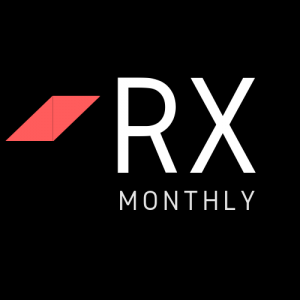Bluebird declined to release the Zynteglo price when the agent received European Commission conditional approval last week. The price announcement Friday coincided with a data presentation at the European Hematology Association in both transfusion-dependent beta-thalassemia, its approved European indication, and sickle-cell disease, in which it is still under development.
Under Bluebird’s approach, full payment is contingent on the effectiveness of the drug, with installment payments reduced or ceased for patients who must undergo post-Zynteglo transfusions. Cantor Fitzgerald analyst Elemer Piros wrote in a June 14 note to clients that he will assume that the average will be four payments because efficacy varies in patients.
The company argues that Zynteglo delivers $2.1 million worth of patient benefit through improvements in quality of life and extended life span. By reducing the need for frequent blood infusions and other medical interventions to treat the disease, which causes life-threatening anemia, Zynteglo can avert other health care costs, too, amounting to an additional $2 million, the company says.
Bluebird CEO Nick Leschly said the company’s approach represents a “pretty significant departure” from typical rare disease drug pricing in that it does not attempt to include those cost offsets in its price.
From a health-system perspective, Zynteglo is more burdensome than Novartis’ recently approved gene therapy Zolgensma, which is delivered with a single infusion of a virus carrying a corrective gene. Bluebird’s requires patients to have stem cells pulled from their body through a process called apheresis.
The stem cells are altered in a laboratory to encode the βA-T87Q-globin gene, which stimulates production of healthy red blood cells, and then re-infused into patients. Patients must also receive chemotherapy to prepare their bone marrow for the reintroduction of the stem cells.
While Bluebird has set a price, the actual details of reimbursement have yet to be worked out. Influential cost-effectiveness agencies like the U.K.’s National Institute for Health and Care Excellence and Germany’s Institute for Quality and Efficiency in Health Care have yet to weigh in, which could result in payments lower than Bluebird’s asking price.








